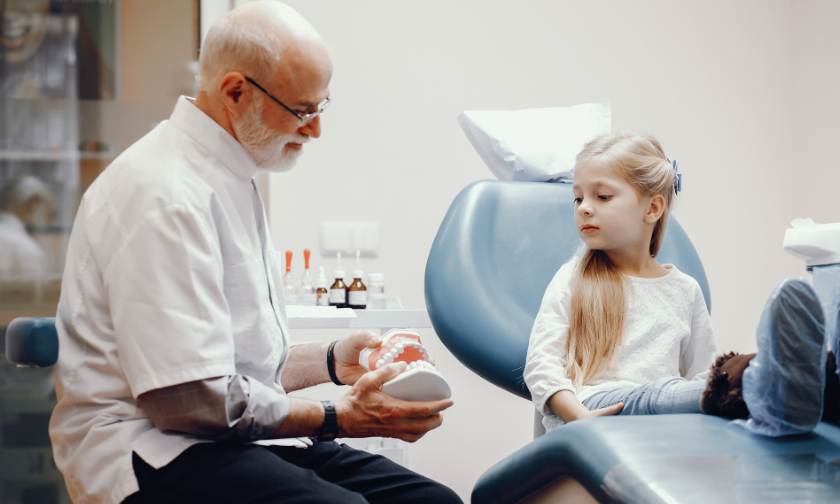As parents, ensuring the health and well-being of our children is a top priority. From making sure they eat healthy to getting enough sleep, we do everything in our power to keep them happy and healthy. One essential aspect of child care is regular checkups with a pediatrician. In this blog, we’ll discuss why checkups are important and when they’re necessary.
Why are checkups important?
Checkups are an important part of a child’s overall health and development. During a checkup, the pediatrician will monitor your child’s growth and development, screen for any health conditions or developmental delays, and provide guidance on nutrition and safety.
Early detection of health problems is crucial for successful treatment and management. By taking your child for regular checkups, you can catch any issues early and get the treatment they need. Additionally, checkups provide an opportunity to discuss any concerns you may have about your child’s health or behavior with the pediatrician.
When should my child have checkups?
- The American Academy of Pediatrics recommends that children have well-child visits at the following ages:
- 3 to 5 days after birth
- 1 month old
- 2 months old
- 4 months old
- 6 months old
- 9 months old
- 12 months old
- 15 months old
- 18 months old
- 2 years old
- 2.5 years old
- 3 years old
- Yearly checkups from age 4 to 21
Of course, if your child has any health issues or concerns, they may need to see the pediatrician more frequently.

What can I expect during a checkup?
- During a checkup, the pediatrician will typically:
- Measure your child’s height, weight, and head circumference (for babies and toddlers)
- Check your child’s vital signs, such as heart rate, blood pressure, and temperature
- Check your child’s hearing and vision
- Administer any necessary immunizations
- Screen for developmental delays or behavioral concerns
- Provide guidance on nutrition, exercise, and safety
- Answer any questions or concerns you may have
Conclusion:
Regular checkups are an important part of your child’s overall health and development. By taking your child to the pediatrician at the recommended ages, you can catch any health issues early and ensure they’re getting the care they need. Don’t hesitate to schedule an appointment if you have any concerns about your child’s health or behavior.
A: In most cases, yes. Check with your insurance provider to see what’s covered.
A: Many community health clinics offer low-cost or free checkups for children. Check with your local health department to see what options are available in your area.
A: Absolutely! Checkups are an opportunity to discuss any concerns you may have with the pediatrician. Don’t hesitate to ask questions or voice any concerns you may have.


